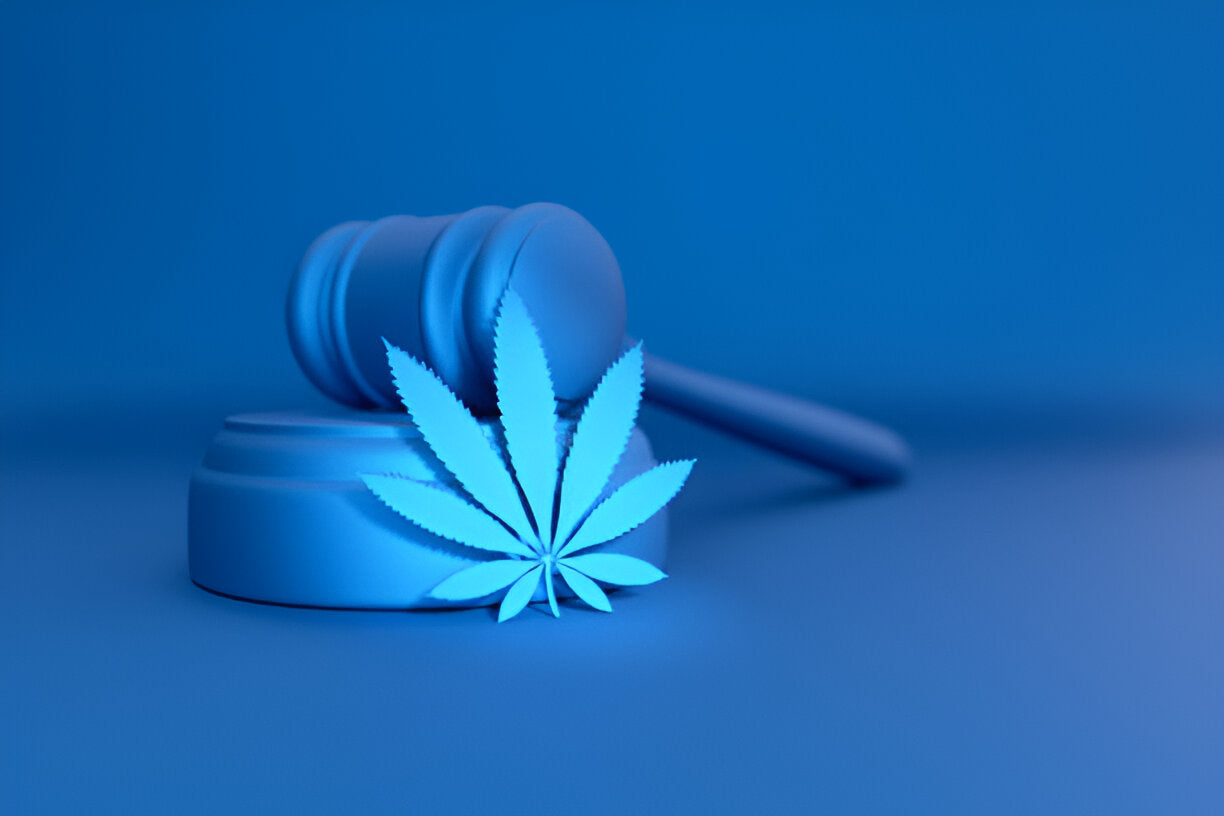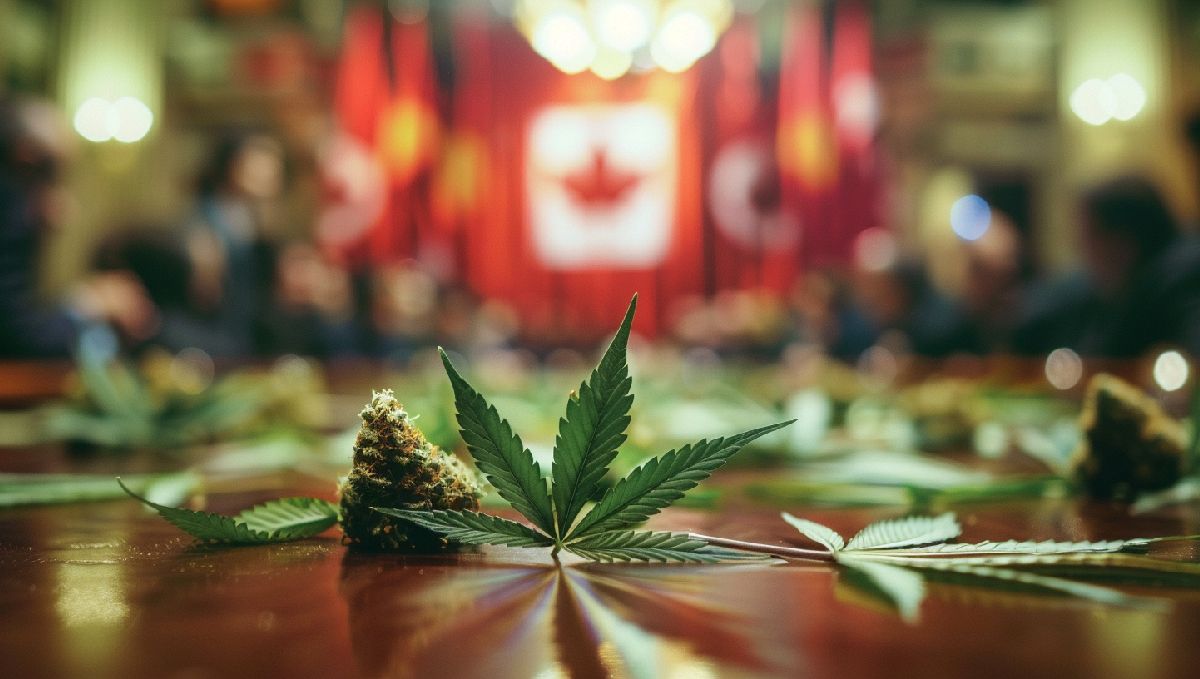
Are Memphis Police Over Fining Drivers for Minor Marijuana Possession?
In Memphis, Tennessee, the issue of marijuana possession during traffic stops has sparked heated debate, with accusations that police are overzealously fining or charging drivers for minor offenses. As the city navigates a complex legal landscape where marijuana remains illegal, questions of fairness, racial disparity, and police discretion dominate discussions. Drawing on recent reports, data, and legal insights, this blog post explores whether Memphis police are disproportionately targeting drivers for minor marijuana possession, the implications for communities, and the broader context of cannabis culture, including Marijuana Online, Marijuana Wholesale, and Marijuana White Label markets.
A State of Strict Laws
Tennessee is among the few states that have not legalized marijuana for medicinal or recreational use, maintaining stringent penalties for possession. Simple possession of less than half an ounce (14 grams) is a Class A misdemeanor, punishable by up to 11 months and 29 days in jail and fines starting at $250 for a first offense, escalating to $500 and $1,000 for subsequent violations. Despite this, Shelby County, home to Memphis, has deprioritized prosecuting minor marijuana cases, with police often issuing citations rather than making arrests. In some instances, officers confiscate small amounts and take no formal action, reflecting a pragmatic approach to enforcement amid strained resources and a focus on violent crime. Yet, recent investigations suggest that when charges are pursued, they can escalate to felony levels, raising concerns about overreach.
The Smell of Suspicion
A 2025 report by the Institute for Public Service Reporting highlighted troubling patterns in Memphis Police Department (MPD) practices. Between April and September 2024, 96% of 93 defendants arrested after officers cited the smell of marijuana during traffic stops were African-American, despite Black residents comprising about 65% of the city’s population. These stops, often in predominantly Black neighborhoods like Orange Mound and Frayser, frequently led to charges unrelated to marijuana, such as firearms violations. The median amount of marijuana seized was 20 grams, barely above the misdemeanor threshold, yet many faced felony charges for intent to sell, which carry mandatory jail time. Defense attorneys argue that the smell of marijuana, a subjective criterion, is used to justify searches that might not hold up in court, especially as Marijuana Online purchases make cannabis more accessible and discreet.
Felony or Nothing?
The escalation from misdemeanor to felony charges is a flashpoint in the debate. For example, in July 2024, a grandmother was arrested in Downtown Memphis with 16.1 grams of marijuana in her purse. Police charged her with a felony, citing intent to sell, despite no evidence of distribution. The charge was later dropped, but not before she was booked into jail. Legal experts, including attorney David Raybin, argue such cases should be misdemeanors with citations, not custodial arrests. Shelby County District Attorney Steve Mulroy acknowledges that felony charges are often reduced to misdemeanors due to insufficient evidence, with prosecutors prioritizing violent crime over minor possession. This “felony-or-nothing” approach, driven by broad police discretion, can devastate lives, particularly for first-time offenders ineligible for diversion programs after multiple charges.
Racial Disparities in the Spotlight
Data underscores stark racial disparities. A 2023 NORML report noted that Black Americans are arrested for marijuana possession at nearly four times the rate of whites, despite similar usage rates. In Memphis, the Institute’s findings align with this trend, with 89 of 93 odor-triggered arrests targeting Black individuals. These stops often occur during “saturation patrols” in high-crime areas, which critics argue disproportionately affect minority communities. A Justice Department report from December 2024 flagged MPD’s tactics, noting one Black man was stopped 30 times in three years, raising alarms about harassment. As Marijuana Wholesale markets thrive in legal states, Memphis residents caught with small amounts face penalties that seem disproportionate to the crime, fueling distrust in law enforcement.
The Cost of Enforcement
Fines and jail time are only part of the burden. Misdemeanor citations require booking and processing, which can disrupt employment and family life. First-time offenders may qualify for judicial diversion, allowing expungement upon completing probation and paying fines, but subsequent offenses carry steeper penalties and no diversion eligibility. The financial toll—$250 to $2,500 in fines—hits low-income residents hardest. Meanwhile, the MPD’s focus on minor possession diverts resources from addressing violent crime, a priority echoed by Mulroy and former DA Amy Weirich. The rise of Marijuana White Label products, which mimic legal cannabis branding, complicates enforcement, as officers may mistake legally purchased hemp for illicit marijuana, leading to wrongful citations.
Voices from the Community
Community sentiment reflects frustration. Some residents, like Memphis native Hodges, report that officers often confiscate small amounts and return the vehicle, avoiding formal charges. Retired Judge Bill Anderson corroborated this, noting that rank-and-file officers, aware of the DA’s leniency, sometimes destroy minor amounts to avoid paperwork. However, when charges are filed, the consequences can be severe. A 2016 Memphis ordinance allowed officers to issue $50 city fines for possession under half an ounce, but its impact was limited, and state pushback deemed it illegal. This patchwork approach leaves drivers vulnerable to inconsistent enforcement, especially as Marijuana Online platforms make small-scale purchases commonplace.
The Bigger Picture
Memphis’ struggle with marijuana enforcement mirrors national trends. The ACLU reports that over half of U.S. drug arrests involve marijuana, with disproportionate impacts on Black communities. In Memphis, the focus on minor possession during traffic stops raises questions about “driving while Black,” as noted by advocates like Josh Spickler of Just City. While some argue legalization could reduce these disparities, DA Weirich and others contend that minor possession rarely leads to jail time, with most cases resolved through fines or diversion. Yet, the collateral damage—lost jobs, legal fees, and eroded trust—persists. The Marijuana Wholesale industry’s growth in nearby states like Arkansas, where medical marijuana is legal, highlights Tennessee’s outlier status, potentially pressuring lawmakers to reconsider strict laws.

A Path Forward?
Addressing over-fining requires balancing enforcement with fairness. Expanding diversion programs, standardizing citation practices, and limiting felony charges to clear cases of intent to sell could reduce harm. Training officers to distinguish between personal use and distribution, especially as Marijuana White Label hemp products blur lines, is critical. Community-led reforms, like the 2016 ordinance, show promise but need state support to succeed. Legalization, as proposed by Senator Sara Kyle, could shift the paradigm, redirecting resources to violent crime and aligning Tennessee with national trends. Until then, Memphis drivers face a precarious reality, where a whiff of marijuana can lead to life-altering consequences.
Conclusion
The question of whether Memphis police are over-fining drivers for minor marijuana possession reveals a complex interplay of law, race, and discretion. While deprioritization has reduced arrests, the escalation to felony charges and racial disparities in enforcement demand scrutiny. As Marijuana Online, Marijuana Wholesale, and Marijuana White Label markets reshape cannabis access, Memphis must confront whether its approach serves justice or perpetuates harm. Reforming practices to prioritize equity and proportionality could pave the way for a fairer system, ensuring that minor possession doesn’t derail lives.
Discover premium cannabis solutions with D Squared WorldWide, your trusted partner in Marijuana Wholesale. Our high-quality, Marijuana White Label products empower businesses to thrive in the evolving cannabis market. With a commitment to excellence, we offer seamless access to Marijuana Online platforms, ensuring discreet and reliable supply for your brand. Navigate the complexities of the industry with our expertly curated inventory, designed to meet diverse consumer needs. Elevate your business with D Squared WorldWide’s innovative offerings. Ready to grow? Schedule a call today to explore our wholesale opportunities and transform your cannabis venture!
Reference:
1. Ahuja, M., Cimilluca, J., Stamey, J., Doshi, R., Wani, R., Al-Ksir, K., … & Nwaneki, C. (2023). Association between financial barriers to healthcare access and mental health outcomes in tennessee. Southern Medical Journal, 116(2), 176-180. https://doi.org/10.14423/smj.0000000000001512
2. Chu, Y. and Gershenson, S. (2021). High times: the effect of medical marijuana laws on student time use.. https://doi.org/10.26686/wgtn.14294645
Fitzpatrick, D., Gorr, W., & Neill, D. (2020). Policing chronic and temporary hot spots of violent crime: a controlled field experiment.. https://doi.org/10.48550/arxiv.2011.06019



